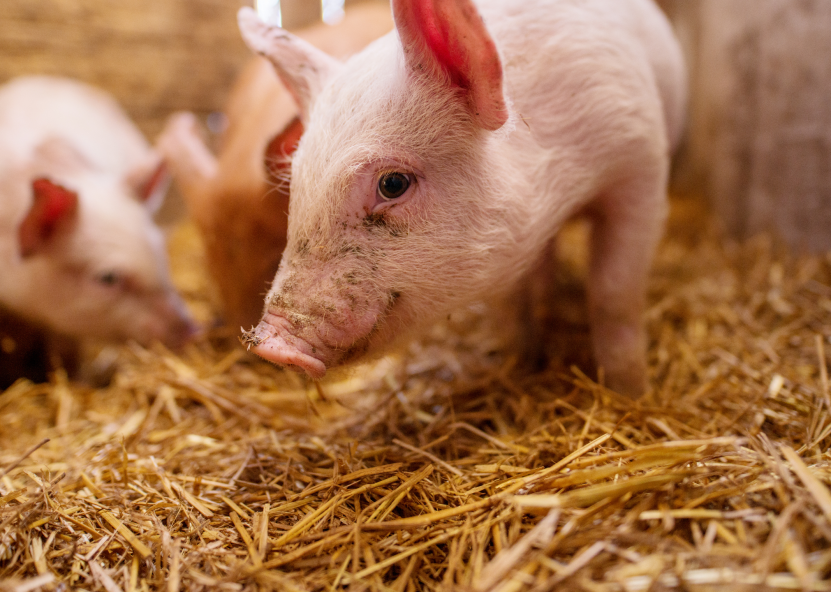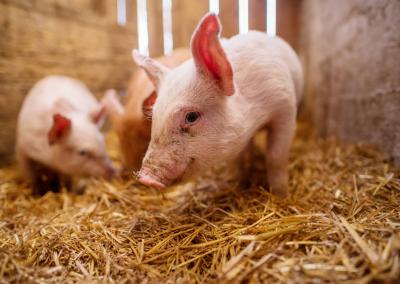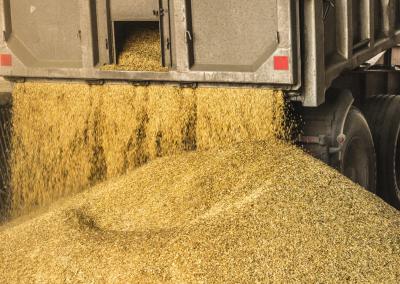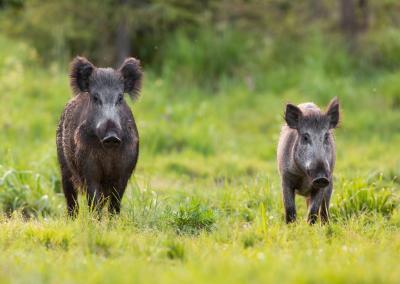Outbreak of African swine fever in a pig farm in Latvia
On Thursday, the outbreak of African swine fever (ASF) was confirmed by the Latvian authorities in the Kurzeme region of Džūkste municipality, Tukums district. In recent years, most outbreaks of ASF in Latvia have been recorded close to the Lithuanian border in the Kurzeme and Zemgale regions, which means that the border areas remain at increased risk. This is the first case this year where a dangerous viral disease has been detected on a domestic pig farm. The last outbreak in domestic pigs in the country was recorded back in October 2024 – in the whole year, ASF has been introduced into 7 pig farms.
„Only yesterday, during a teleconference, we talked to nearly 300 Lithuanian livestock keepers about the most effective ways to protect their farms from any introduction of the virus. In Europe, we have a situation that is also worrying with regard to the spread of other infectious animal diseases that have not been detected on our continent for many years, and yesterday's outbreak in Latvia demonstrates that we must continue to pay just as much attention to the fight against African swine fever, which is continuing to circulate actively. This signal from our neighbouring country is very serious and requires special attention from pig farmers. Looking at the feedback from Lithuanian farmers and their interest in information on the application of farm protection measures, we can see that cooperation is increasing and we are hopeful that this will help to protect the livestock sector from very serious losses. We are ready to continue to advise and help protect Lithuanian farms," said Audronė Mikalauskienė, Head of the VMVT.
The disease was suspected on 7 May when three of the 36 pigs on the farm showed typical symptoms of ASF, including fever, sluggishness, lack of appetite and bluish ears. Veterinary experts immediately took samples and the following day tests carried out at the Latvian National Reference Laboratory confirmed the diagnosis of ASF.
Latvian authorities immediately took all necessary measures. Protection and surveillance zones of 3 and 10 kilometres have been established around the outbreak site, and the farm has been subjected to the culling of animals, destruction of animal products, disinfection, movement restrictions and reinforced monitoring. The origin of the infection is currently considered unknown.
The HSE urges all pig farmers, both small-scale and commercial, to comply strictly with biosecurity requirements: to monitor their animals at all times, and to pay attention to unusual changes in their behaviour or health. Newly purchased pigs should be kept for a period of time in isolation and closely monitored. If signs of disease are observed, sick animals should be separated from healthy animals until the cause of the disease is identified. Contact with wild animals should also be avoided, work clothes, equipment and vehicles should be disinfected, access to the farm by unauthorised persons should be restricted, and pigs should not be fed on food waste.













































































































